-
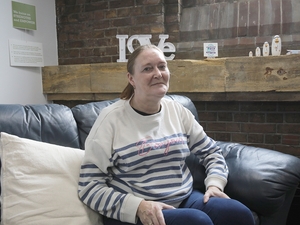
23 April 2024
Drug addict’s life transformed by generous churchgoers
Alison Cairns was homeless and addicted to drugs. She was also grieving from the tragic ... read more
-
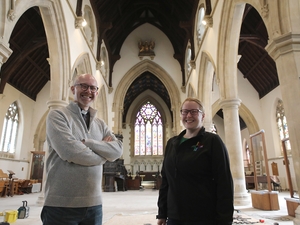
18 April 2024
Newport Minster to re-open after major refurbishment
The historic Newport Minster will re-open on May 1 after a major project to refurbish ... read more
-
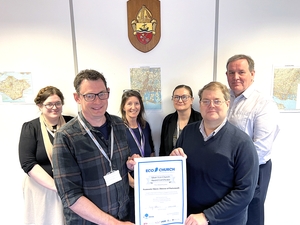
9 April 2024
Diocese office wins Silver eco award
The diocesan office at Peninsular House has been given the Silver Award by A Rocha ... read more
Diocesan leaders gather for three-day conference
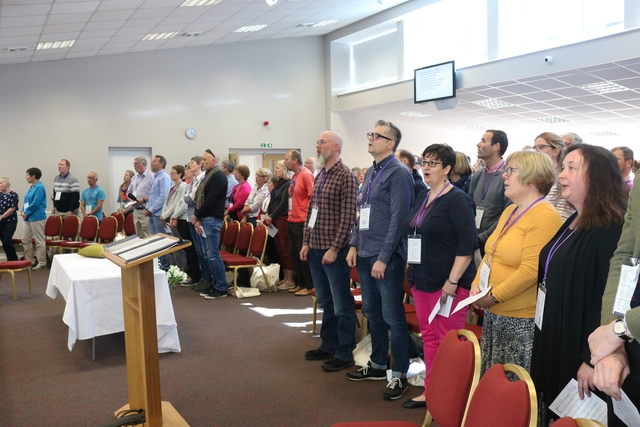
IT was an emotional moment. The room was silent, people held their breath and several clergy wiped tears from their eyes.
Bishop James Jones had just told clergy from Portsmouth diocese about his experiences of chairing the Hillsborough Independent Panel, which revealed the truth behind the death of 96 Liverpool fans in 1989.
On the 27th anniversary of the tragedy, he had read out the Parable of the Persistent Widow at the annual commemoration service outside Liverpool's St George's Hall. When he reached the point in the Bible story where the widow refuses to stop asking the corrupt judge for justice, 20,000 people stood and applauded.
The bishop was speaking at our Diocesan Conference to clergy and lay leaders about the inherent moral instinct that people in our society still feel, despite the supposed 'post-Christian' world in which we live. He said it made him optimistic about the future of faith.
"I chaired the Hillsborough panel because I felt this was the Church's pastoral response to a crisis at the heart of the city's life." he said. "Every day for three months before the publication of the report in 2012, I read the Parable of the Persistent Widow, which is a parable about praying for justice. The day on which the report was published was the first and only time I mentioned God. After sharing the report with families, I said I would go and pray that truth and justice would prevail. In the next hour, every family came to join me in some way.
"On the first anniversary of the publication of the report, I met Margaret Aspinall, whose had lost her son James at Hillsborough and chaired the support group. I read this parable to her and it was extraordinary, because it seemed to be speaking directly to her.
"And on the 27th anniversary of Hillsborough, at a time when they were anticipating the results of the inquests, I told the crowd about reading this story to Margaret. When I got to the phrase 'but she wouldn't give up', 20,000 people stood and applauded. The message of Jesus was speaking into that instinct for a fairer world. Who says we live in a post-Christian era?
"We are called as the Church to help people to trace back from those instincts to a God who has spoken and revealed himself in Jesus."
He was one of the speakers at the three-day conference in Hertfordshire which gathered together parish clergy, chaplains, lay leaders and pioneer ministers to reflect on their ministry and inspire them for the future. The conference at High Leigh Conference Centre included theological reflection, different styles of worship, and input from speakers from the Church, government and campaign organisations.
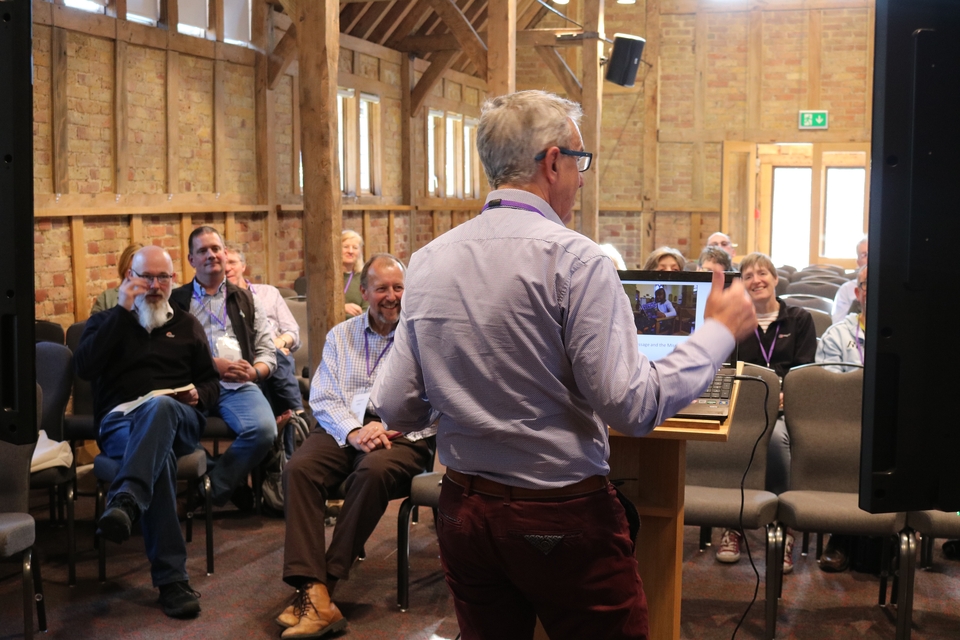
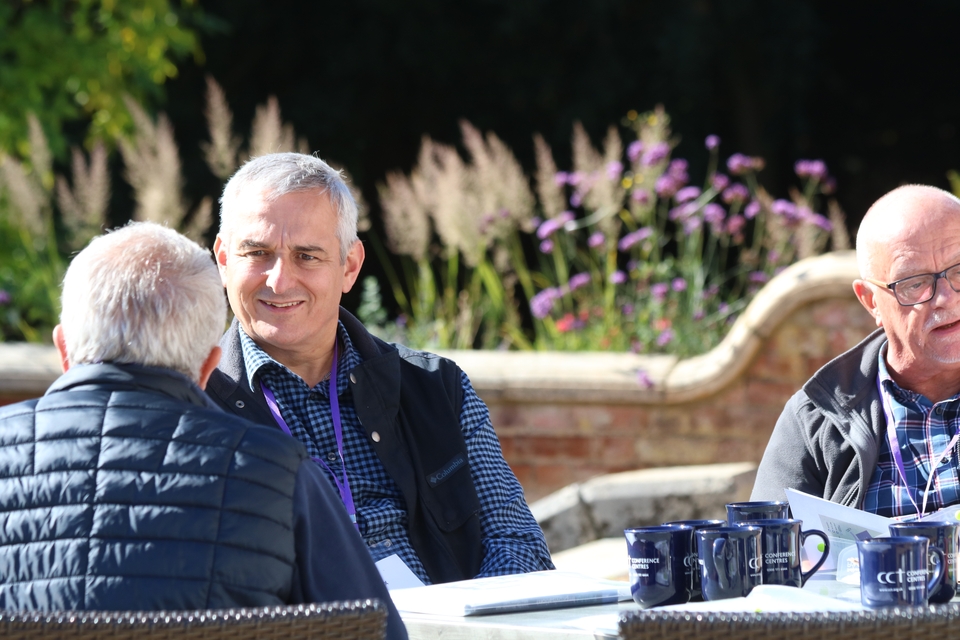
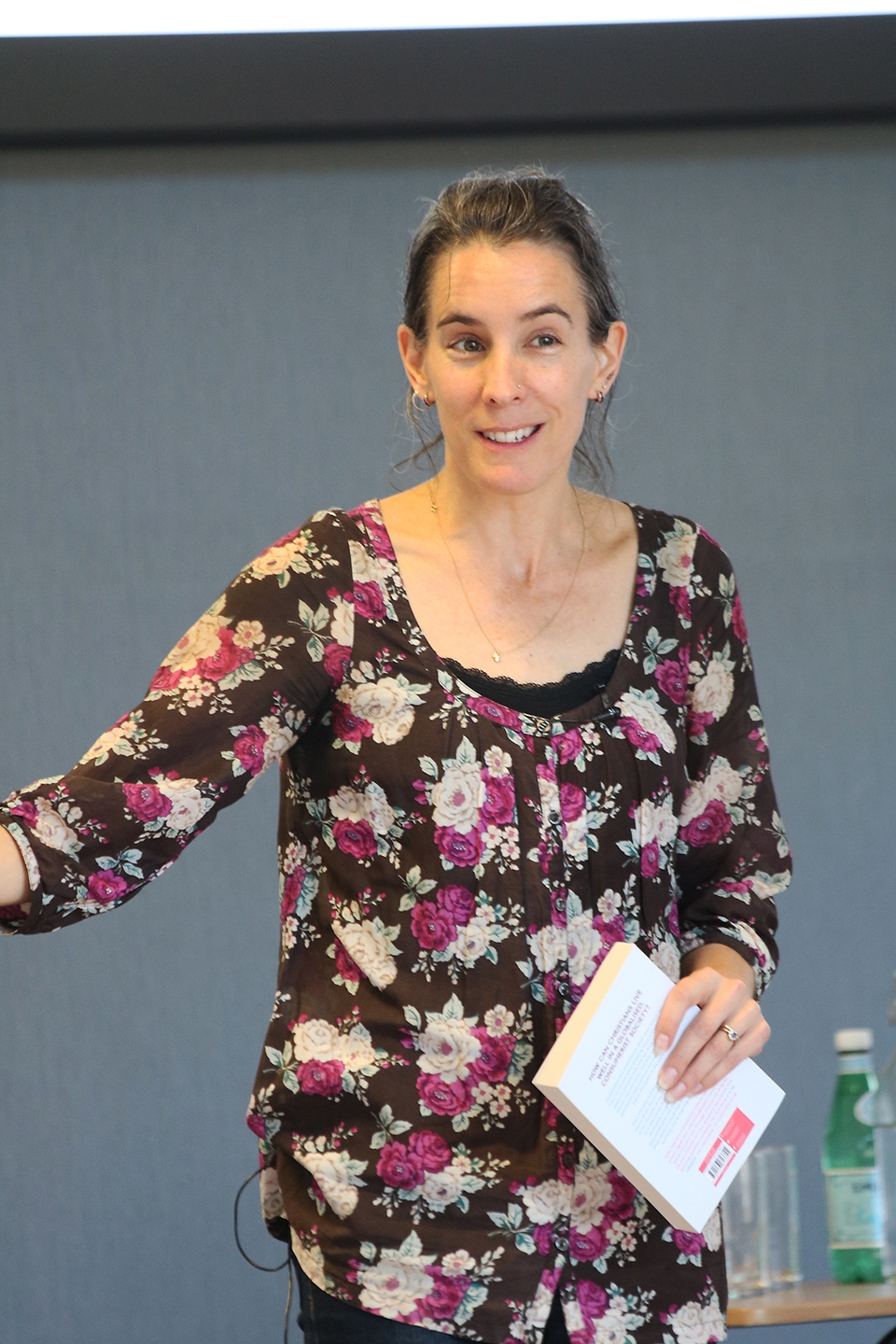
Sir David Norrington, former permanent secretary to two government departments, outlined how the civil service's values of impartiality and neutrality helped them to speak truth to power. However, their position was being eroded by a culture in which some ministers surrounded themselves with party political appointments or advisers who dared not challenge politicians.
He also told delegates how the vote to leave the EU was a "cry of pain" by those who felt disenfranchised and alienated after the 2008 banking crash and a decade of austerity policies. The economic pain had left people with a deep distrust of government and the establishment, which left many people assuming they weren't being listened to.
He said their pain had been amplified by the rise of social media, which allowed Vote Leave campaigners to pump out simple messages about taking back control, reducing immigration and giving extra money to the NHS.
"The 2015 election and 2016 referendum were the first time social media had played a major part, and Vote Leave simply had better soundbites," he said. "They didn't care about nuances and those soundbites became accepted 'facts'."
He claimed social media had become the place where factual debate and evidence had been replaced by anger and extremism - where people went to have their opinions reinforced by others who felt the same, and where those with other opinions were dismissed as 'fake news'.
He challenged clergy and lay leaders to use social media to spread the good news and to engage in reasoned discussion, and claimed the Church could offer three specific things - a sense of community, a place for reflection and the power to convene others.
Later in the conference, environmentalist and theologian Dr Ruth Valerio, who is now Global Advocacy and Influencing Director for Tearfund, talked to us about global inequality, ecology and climate change. She examined passages from the Bible that show us how God loves his creation, how he commissioned humans to take care of it, what went wrong, and how creation might be restored.
"We are living in a world of really good news, where we are making significant gains in development, but where extreme poverty still exists," she said. "The world is climbing out of poverty, but in an unsustainable way. Extreme poverty is falling but carbon emissions are increasing. One estimate is that if it carries on like this, climate change might push 100 million people back into poverty."
She shared some practical ways in which we as individuals and our churches might respond to this, through our individual lifestyles, by changing what we do in church to be more environmentally-friendly, and by campaigning for government and global businesses to change their practices.
Theologian Canon Professor Loveday Alexander examined passages in the gospel of John to reflect on what witness looked like in a post-truth world. She looked at the courtroom definitions of being a witness, the Biblical theme of being a witness and how John's whole gospel can be seen as a courtroom drama in which the claims of Jesus are examined.
She contributed to the conference on six separate occasions, addressing delegates during Morning Prayer, Evening Prayer and our final Eucharist, skilfully blending what other speakers said into her reflections.
And an afternoon of workshops included input from Tim Daykin, from BBC Radio Solent, about the media; from John Swindell about Restorative Justice; from the Rev Lusa Nsengo-Ngoy about unconscious bias; from Nicky McGinty about how to manage groups more effectively; and from Jimmy Dale about engaging with young people.
To see more photos from Day 1, click here.
To see more photos from Day 2, click here.
To see more photos from Day 3, click here.